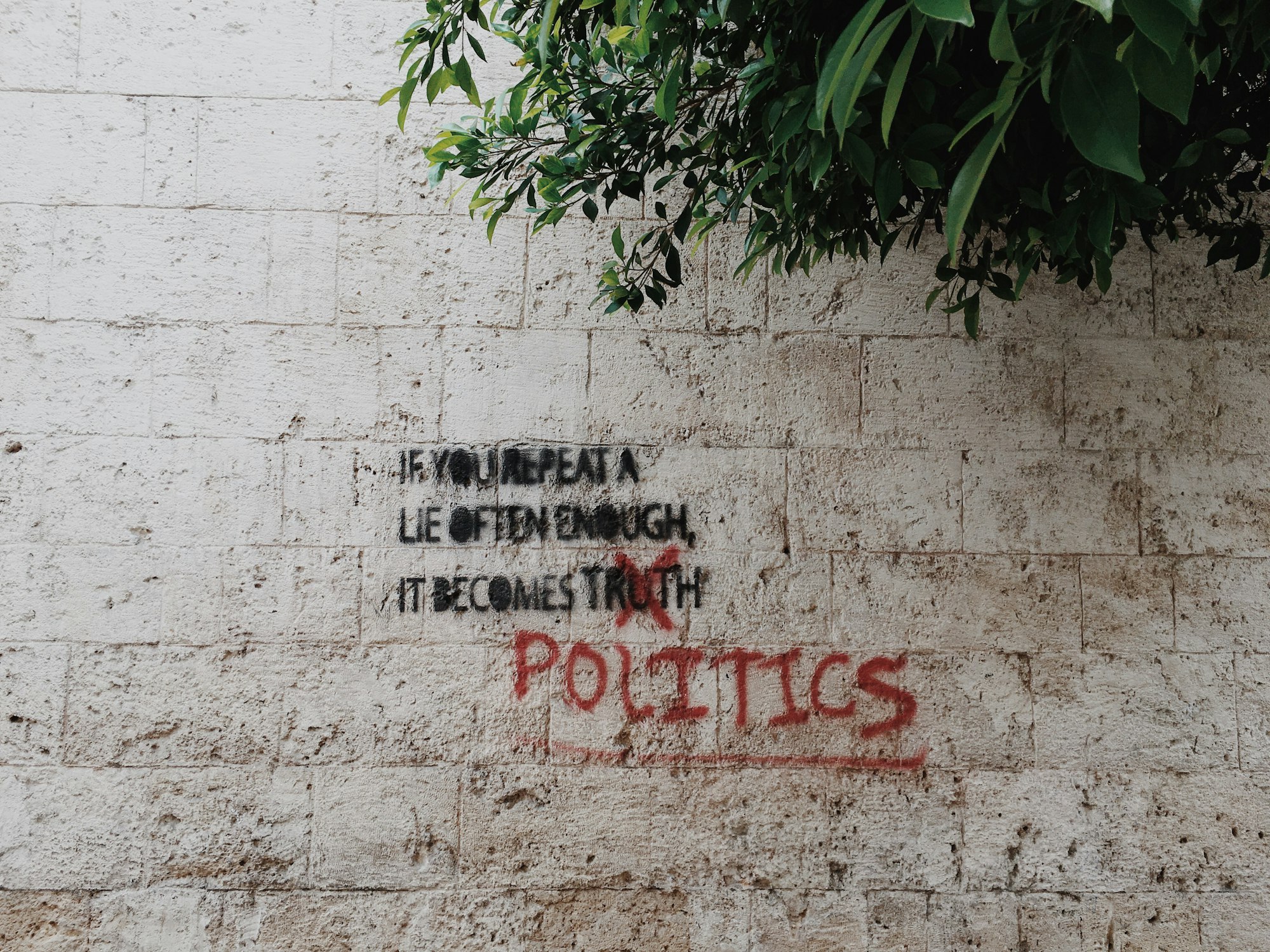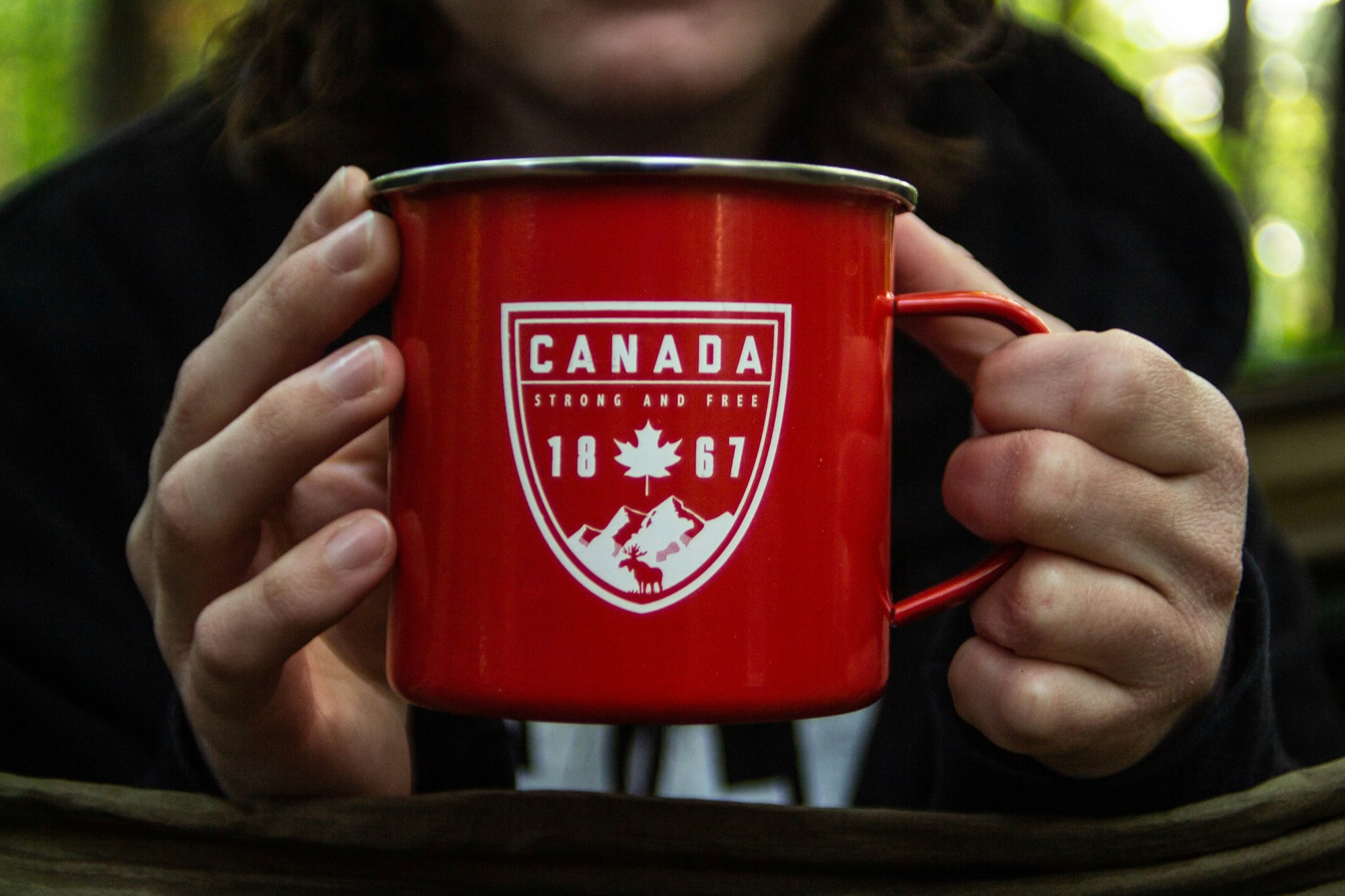
A Canadian Prime Minister
To even suggest the fact that Pierre Elliott Trudeau was communist and subverted Canada for 16 years is ridiculous.
Book - Memoirs - Pierre Elliott Trudeau
Canada's 15th prime minister, Pierre Elliott Trudeau, was an interesting man, but a conflicting leader for many. He remains an inspiring individual, in a time where our political leaders lack morality and empathy. I'm not a liberal or a conservative, and I don't subscribe to any specific political party. Toeing the line to any party's political rule is not part of my moxie. I believe in the depth of leadership and the strength of character. A good leader knows when to cross the aisle and how to unite people during a time of crisis. He or she operates under the theme of plurality for the entirety of a nation.
I first read the book Memoirs by Pierre Elliott Trudeau back in 1993. I was finishing my first degree and had decided to stack my last two semesters with political science classes. While studying the British and Canadian parliamentary systems, I thought it would be interesting to read about one of Canada's longest-standing prime ministers. I wasn't disappointed, especially when combined with the similarly themed CBC documentary called Trudeau. It made for great content.
Recently, a family member, a political zealot, to say the least, rekindled my appreciation for this book through one of his social media posts. He was extolling the Trudeau family's corrupt legacy and promoting a book titled, The Truth About Trudeau, authored by Bob Plamondon. In his book, Plamondon attempts to set the record straight on the truths about Pierre Elliott Trudeau.

Being the curious type, I purchased the book and read the first eight chapters. Somehow while reading, I decided to provide my personal opinion on Plamondon's book. Not on its accuracy, political correctness, but where it stands juxtaposed against another time for a different nation. The idea of providing my opinion became the genesis of my website.
At the tail end of chapter eight, I felt contextually out of sorts. I was trapped analyzing the author's words searching for historical context and trying to correlate back to the book I read, in the early 90s. So I reread the book, Memoirs, authored by Pierre Elliott Trudeau. I saw it as the only way to give an accurate opinion on Plamondon's book, which will come in a future post. Now, on to the Trudeau, I know.
For a brief period, from 1968 to 1984, certainly the early years, the essence of Pierre Elliott Trudeau caught a nation off guard. A people, still jubilant, wrapped in the innocence of the 50s. Soon to be confronted with the harsh realities of a mass awakening, thrown headfirst into the future. Never had we experienced such a learned individual as the head of state—a human being who could staunchly debate the principal merit of political/economic ideas or concepts. Our then politicians weren't devoid of intellectualism. They were gregarious, appealed to a core set of values, a knowledge base that no longer applied. How did Trudeau acquire his smarts? Why are we different today versus 30 to 50 years ago?
The Trudeau family made its fortune back in the early 1930s, at the top of the great depression, when Pierre's father sold his garage and a series of service stations—leading into subsequent investments into Sullivan Mines, Belmont Parc, and the Montréal Royals. Who knows to what degree, if the family fortune has benefited subsequent generations of Trudeau's, namely, Pierre's sons, Justin and Sasha. I'm sure that Plamondon contemplates the later. Newfound money in hand, Charles-Émile Trudeau invested in his children's education.
In 1933, Pierre Elliott Trudeau kicked-off his academic career and enrolled in Collège Jean-de-Brébeuf. During his tenure at Brébeuf, at the age of 15, Trudeau's father passed away in Florida. That moment in history is a critical point in Trudeau's young life. It becomes a significant driver in his thirst for academia, and appetite for risk-taking.
After graduating from Brébeuf in 1940, Trudeau enrolls in the faculty of law at l' Université de Montréal and graduates in 1943 at the top of his class.
Following his graduation in 1943, Trudeau articled for a year, and in 1944, began his master's in political economy at Harvard University. For Trudeau, Harvard became a hub of intellectual thinking fueled by the waves of migration out of Europe. No doubt, he would have been flooded with others' experiences dealing with the holocaust, fascism, and communism. Trudeau's Harvard dissertation was on the topic of Marxism, communism, and Christianity. Hardly controversial.
In 1947, he decided to continue his work on his Harvard dissertation in Paris. He studied at the Institut d'Études Politiques de Paris. The Harvard dissertation remained unfinished when Trudeau entered a doctoral program to study at the London School of Economics (LSE). During his five-week tenure at LSE, Trudeau cemented his belief that Keynesian economics and social sciences were essential to creating the "good life" in a democratic society.
Sometime in the spring of 1948, Trudeau departs London to backpack across Europe, the Middle East, and Asia. No doubt, a cathartic and spiritual experience further fueling his mental prowess. It's clear. He's smart.
Upon his return to Canada in 1949, Trudeau finds himself confronted with a province awash in the meddling of church and state, the Duplessis years. A corrupt provincial premiere that opened the door to the exploitation of Québec's natural resources and workforce to large U.S. corporations and who staunchly opposed secularism, feminism, and environmentalism. Trudeau had none of it.
His jump into politics came as no surprise to his friends and family. He was appointed in 1967, as the Minister of Justice under Prime Minister Pearson, quickly followed by becoming Prime Minister in 1968. He would hold this seat until retiring from politics in 1984, winning each election with large majorities. Most Canadians are well aware of Prime Minister Trudeau's successes and failures, bilingualism, the October Crisis, the 1980 Québec referendum, stagflation, Western alienation, and constitutional affairs. I could go on.

Today, we live in a global village with information instantly accessible. For the most part, we are connected, and our individual geopolitical/economic systems are forever intertwined. Evident in the housing bubble crisis of 2008 and its effect on many countries. Criticizing Trudeau 40 to 50 years after the fact is tantamount to intellectual masturbation.
Between 1960 to 1980, Canada was coming of age and still under the guise of the commonwealth. Barely on the world stage except for our considerable participation in world war one and two. Considering that the Dominion of Canada dates back to 1867, we were teenagers. Everything we experienced was new. New to us and other nations as well. Trudeau or not, no single leader could have governed, to the effect of all without disappointing someone. Impossible. But it was Trudeau's knowledge and tenacity that kept this country together, federalism alive, and its people moving forward.
In the end, we are a strong nation, revered for our values, and welcome approach to all global citizens. Thank you, Mr. Trudeau.
What do you think?


